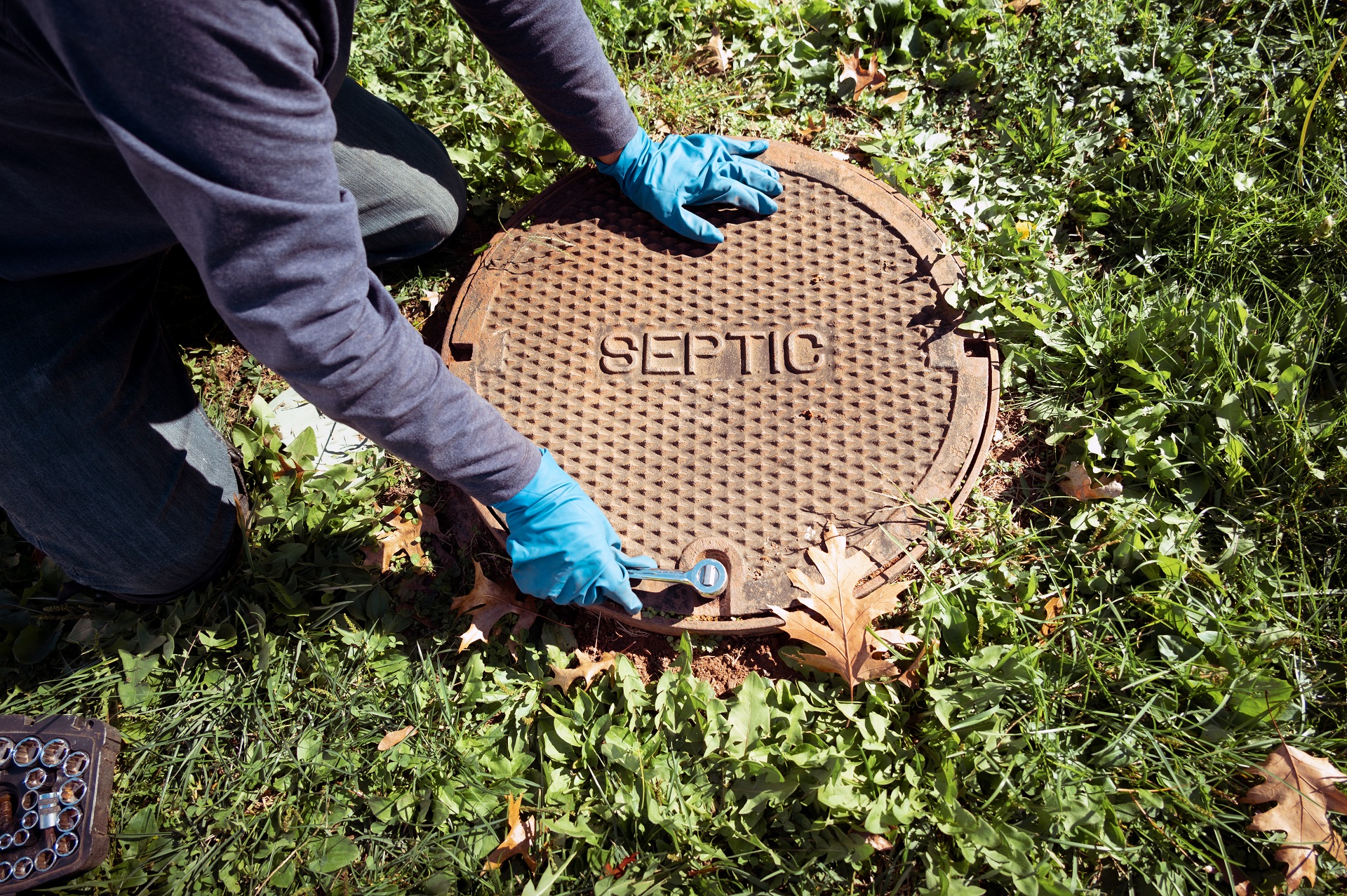As conscientious homeowners, we are all aware that the upkeep and maintenance of our homes goes beyond mere aesthetics. A key component that requires ongoing attention yet is often overlooked is our septic tank system. It’s a crucial aspect of maintaining the smooth functioning of your household, as well as a significant determinant in preserving both the environment and your health.
The Crucial Role of Septic Tank Inspections: Protecting Your Home, Health, and Environment
Septic tanks form an essential part of wastewater treatment processes for homes that are not connected to public sewage systems. Conducting regular inspections of the septic tank system is very important for determining the status and condition of the tank and its associated components. Through these assessments, you can gain a detailed overview of the health of your septic system. These inspections can help to identify potential problems such as leaks, blockages, or structural damage early, giving you an opportunity to address them before they become serious. By promptly rectifying these issues, you can prevent health risks, environmental contamination, and even avoid substantial repair costs down the line.
Step 1: Organizing Your Septic Inspection
The first stride towards assessing the health of your septic tank is contacting a professional septic plumbing and inspection specialist. Businesses like Aloha Sanitary Service, with decades of service, have been catering to residents in Hillsboro, OR, and surrounding areas since 1962. They are reachable at (503) 648-6254 to arrange an inspection according to your schedule, even on weekends or public holidays.
Step 2: The Importance of an Initial Assessment
The moment the inspection commences, the septic tank expert will begin with an initial assessment. This involves gathering information about your system’s history, its maintenance record, and any known issues that have been previously addressed. This phase is crucial in creating a baseline for the rest of the inspection and guides the following steps. The expert will ask pertinent questions about usage patterns, any recent shifts in the number of occupants in the house, and the general condition of the system.
Step 3: Inspecting the Tank
The septic tank is a pivotal component of the entire system. The specialist will perform a thorough visual check of the tank, looking for signs of potential problems like cracks, corrosion, or leaks. They will also verify the security of the tank’s lid. If necessary, they may measure the levels of sludge and scum inside the tank to assess its capacity and determine if pumping is required. These levels serve as an indicator of the overall health of the tank and its ability to separate solids from wastewater effectively.
Step 4: Assessing the Baffles
Baffles, located within the septic tank, serve a critical function in stopping solids from exiting the tank and getting into the drain field. Your septic expert will carefully inspect these baffles for any signs of damage or deterioration. If the baffles are compromised, excessive solids may end up in the drain field, leading to potential clogs and even system failure. By ensuring the baffles are intact and performing as they should, you can prevent solids from causing extensive damage to your system over the long term.
Step 5: Evaluating the Drain Field
The drain field, also known as the leach field, is tasked with the job of dispersing the treated wastewater into the surrounding soil. The specialist will scrutinize the drain field for indications of problems such as ponding, excessive vegetation growth, or unpleasant odors, all of which may suggest drainage issues. They will also evaluate the condition of the soil to ensure it’s absorbing the effluent effectively. Proper drainage and absorption are paramount for the efficient operation of your septic system.
Step 6: Checking the Distribution Box
For systems equipped with a distribution box, this component serves as a junction point allowing the effluent to be evenly distributed to the pipes of the drain field. The expert will inspect the distribution box for functionality, checking for potential clogs, leaks, or signs of damage. If the distribution box is malfunctioning, it can lead to an uneven distribution of effluent, causing overloading in certain areas of the drain field. Detecting and resolving distribution box issues early can contribute significantly to the overall efficiency and longevity of the system.
Step 7: Detailed Report and Recommendations
Upon the completion of the examination process, the sanitary specialist will set about the task of assembling a comprehensive and detailed report that encapsulates their findings. The content of this report will be wide-ranging and exhaustive, bringing to the forefront any and all issues, even those that are comparatively minor, which were identified in the course of the inspection.
In some instances, these issues could be indicative of larger problems that could potentially emerge if left unaddressed. Thus the importance of their inclusion in the report cannot be overstated. Furthermore, the report may also include professional recommendations put forth by the specialist. These recommendations can range from necessary routine maintenance tasks that ought to be carried out all the way up to significant repairs that may need to be promptly undertaken. In certain situations, they might even suggest considering system upgrades that can enhance the efficiency and effectiveness of the septic system.
Understanding and reviewing this report with a fine-tooth comb is not a step to be overlooked or rushed through. It is absolutely critical that the report is studied thoroughly and that the contents within it are not just understood but acted upon quickly. This is because any issues found by the specialist often require prompt action to mitigate and prevent potential further damage.
Aloha Sanitary Service: Let Us Handle Your Dirty Work
When it comes to septic tank pumping and comprehensive system evaluations, Aloha Sanitary Service stands as a reputable family business. We have been serving Washington, Yamhill, Clackamas, Multnomah, and Columbia Counties since 1962. With over six decades of experience under our belt, Aloha Sanitary Service has earned a formidable reputation for its customer service excellence and unrivaled septic system expertise.
Don’t wait for problems to surface before taking action. Be proactive in maintaining the health of your septic system. Get in touch with Aloha Sanitary Service today at (503) 648-6254 to schedule an inspection and leverage our extensive expertise. With our dedicated team of seasoned professionals, we are committed to helping you maintain a healthy and operational septic system for many years to come.
Remember, Aloha Sanitary Service values you as our customer. Reach out to us for your septic tank pumping, system repairs, and professional evaluations. Our team of experienced technicians are armed with the skills and knowledge to manage all your septic system needs.




